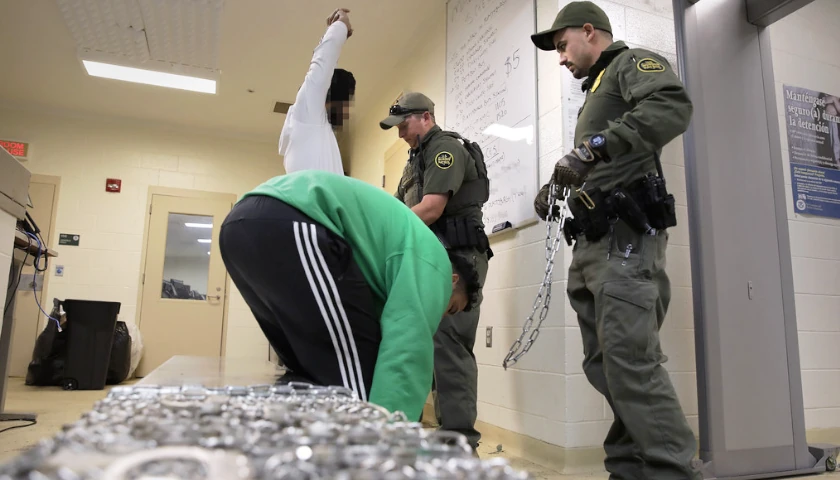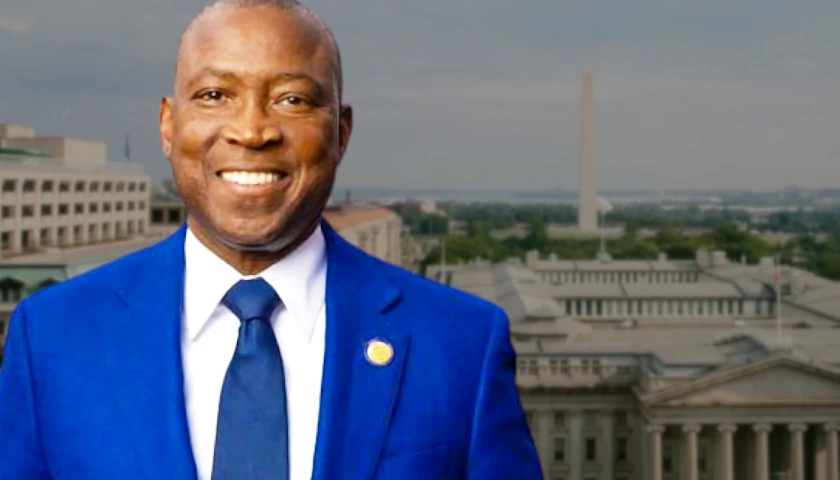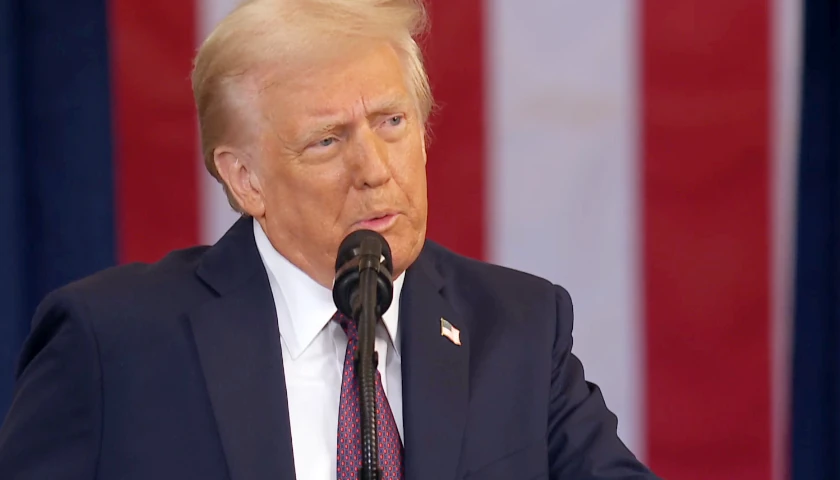The Virginia House of Delegates passed its two-year $134 billion budget on Tuesday with specific funding for rental and utility assistance, public education, internet access, affordable housing, criminal justice and police reform.
The revised budget from the House does not perfectly line up with the proposed budget Governor Ralph Northam presented to the General Assembly at the beginning of the 2020 special session.
After passing the body along mostly partisan lines, Del. Luke Torian (D-Dumfries), Chair of the House Appropriations Committee, praised the budget on Twitter.
“We were called into Special Session with the mandate to close a $2.8 billion shortfall while tackling the economic and public health demands of the pandemic and making overdue reforms to our criminal justice system. This budget achieves that,” Torian wrote.
We were called into Special Session with the mandate to close a $2.8 billion shortfall while tackling the economic and public health demands of the pandemic and making overdue reforms to our criminal justice system. This budget achieves that.
— Luke Torian (@DelegateTorian) September 29, 2020
Part of the House spending plan allocates a total of $26.9 million in federal relief funds provided by the CARES Act to help support school divisions’ short-term technological needs and internet access for virtual learning as a result of the coronavirus and its vast impact on education.
One budget amendment, which passed with unanimous support (96-Y 0-N), provides a one-time allocation of $95.2 million in fiscal year 2021 for public education as a way to offset losses because the state education budget relies on sales tax revenue, which severely declined from the pandemic. This money comes from revenue gained by gaming machines.
Overall, the House budget calls for nearly $1.4 billion in federal coronavirus relief funds.
Included within that figure is millions in funding for utility debt, mortgage and rental assistance and affordable housing, among others.
Specifically, the budget allocates $120 million to help offset debt for struggling utility customers with 30 days or more in non-payments. The State Corporation Commission will develop an application process to distribute those funds directly to customers’ utility needs.
Also included with the $1.3 billion is $50 million in mortgage and rental assistance, $11.8 million to provide emergency housing for the homeless population.
Furthermore, $210 million is allocated for unemployment assistance while $56.1 million will go to hazard pay for health care workers.
House Republicans agreed with their Democratic colleagues on several topics addressed in the budget, but the primary disagreement from conservative delegates related to the funds appropriated for justice and police reforms.
The budget allocates $17.8 million in fiscal year 2021 and $10.6 million in fiscal year 2022 for the criminal justice and policing reform legislation that the House passed during the 2020 special session. The majority of funds are for the automatic expungement of criminal records for certain convictions and changes to the earned sentence credit system.
House Minority leader Todd Gilbert (R-Shenandoah) released a statement after Tuesday’s session criticizing democrats for their decisions on the budget and refusal to consider budget amendment proposed by Republicans.
“House Democrats took a series of votes that make it absolutely clear that they’re on the side of criminals, not victims and law enforcement,” Gilbert said. “Republicans offered a series of simple, common sense amendments designed to encourage the further professionalization of local law enforcement, encourage police reform, and hold bad actors accountable. Democrats killed each effort.
“Let’s be clear on what happened today. Virginia Democrats chose to take millions of dollars away from local law enforcement. They voted to let our kids get answers about sex from anonymous strangers via a government approved program. They prevented parents from accessing $100 million in unspent Federal CARES Act money to help their children adapt to virtual learning.”
Now, the House budget must get approval from the Senate, whose own budget advanced out of committee last week.
As it currently stands, the Senate and House budgets have several differences that will need to be resolved before a new, comprehensive state budget can get final approval.
– – –
Jacob Taylor is a reporter at The Virginia Star and the Star News Digital Network. Follow Jacob on Twitter. Email tips to [email protected].
Background Photo “House of Delegates” by Germanna CC. CC BY 2.0.




